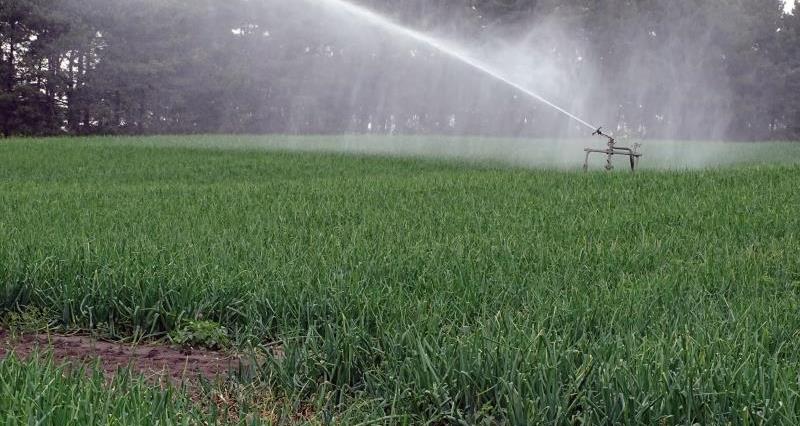Our comments are part of a government consultation exercise relating to a draft water policy statement to classify more water supply infrastructure as nationally significant infrastructure projects (NSIP).
We broadly agree with the three principles outlined that the NPS should:
- Set out the need for water infrastructure as part of a twin track supply and demand approach to managing water resources
- Reinforce the role of water company management plans (WRMPs) in identifying infrastructure schemes and
- Reiterate the importance of developing schemes with government’s environmental objectives
A high proportion of fruit and vegetable production and processing, and food manufacturing sites which rely on locally sourced primary products, are located in the south and east regions which are particularly vulnerable to future water scarcity.
We have therefore asked for the NPS to acknowledge the importance of the agri-food sector, consistent with a multi-sector approach to meeting future water demand.
We also asked for the NPS to pay regard to the contribution that on-farm reservoirs can make to strategic water supply infrastructure. We think that in water-stressed catchments where primary production of food is a key sector, a network of farm reservoirs could, in combination, be considered as ‘strategic infrastructure’.
Finally, the NFU wants the NPS to pay regard to issues surrounding the choice of site and the impact of construction and long term operation of the new facility on local landowners and businesses.
We have asked for the value of agricultural land to be properly considered as part of the planning process for major infrastructure projects. We want the NPS to explore the ground rules of how agricultural land is strategically valued, for example as part of the Environmental Impact Assessment process.
We believe that the NPS could helpfully include reference to an assessment process ensuring that, for the protection of affected farms and businesses, there is a clear process for fair and transparent property evaluation and clear guidelines that inform the best choice for routing, or siting of wider infrastructure and compensatory habitat.
And we believe it is really important for the NPS to address the compulsory purchase of private land needed for significant infrastructure. Our experience with some existing projects, such as HS2, is that landowner rights are at risk of being lost and the impact on businesses is not being considered.
Defra promises further consultation and parliamentary scrutiny during 2018.
